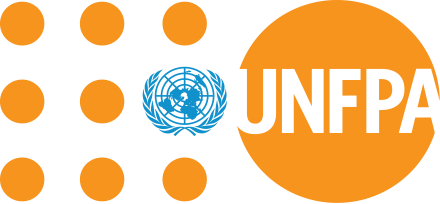
Strategic Plan
2018 – 2021
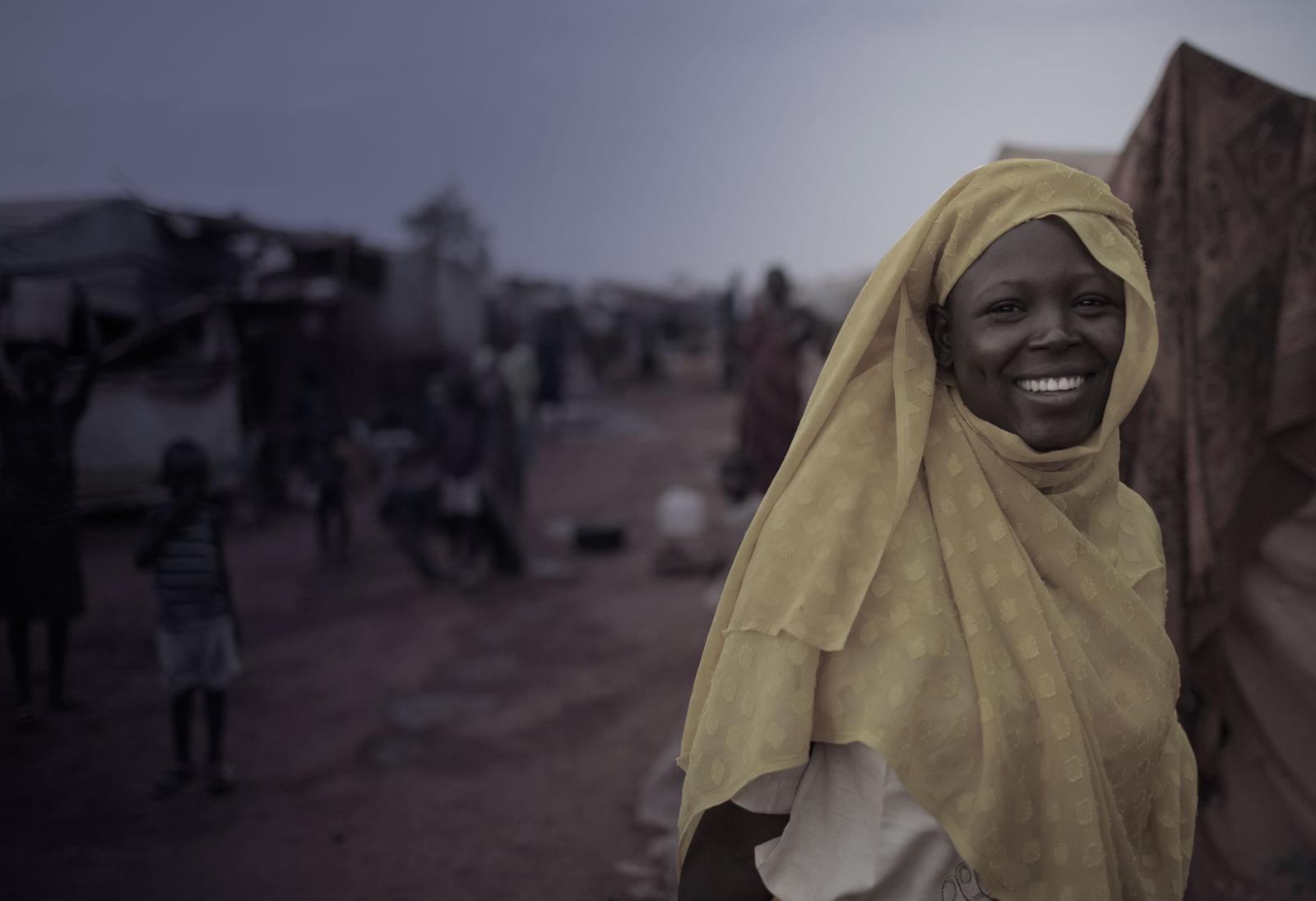
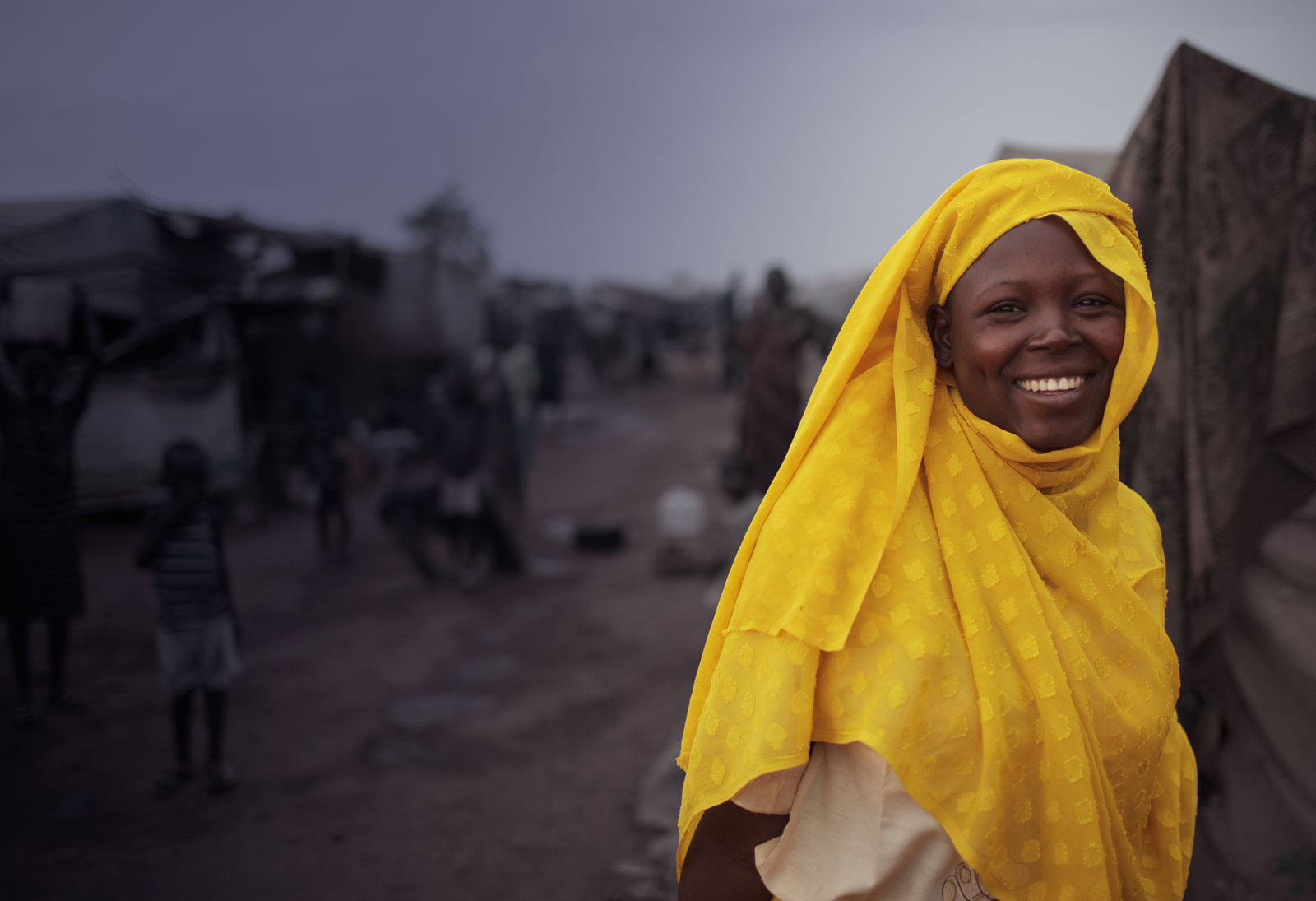

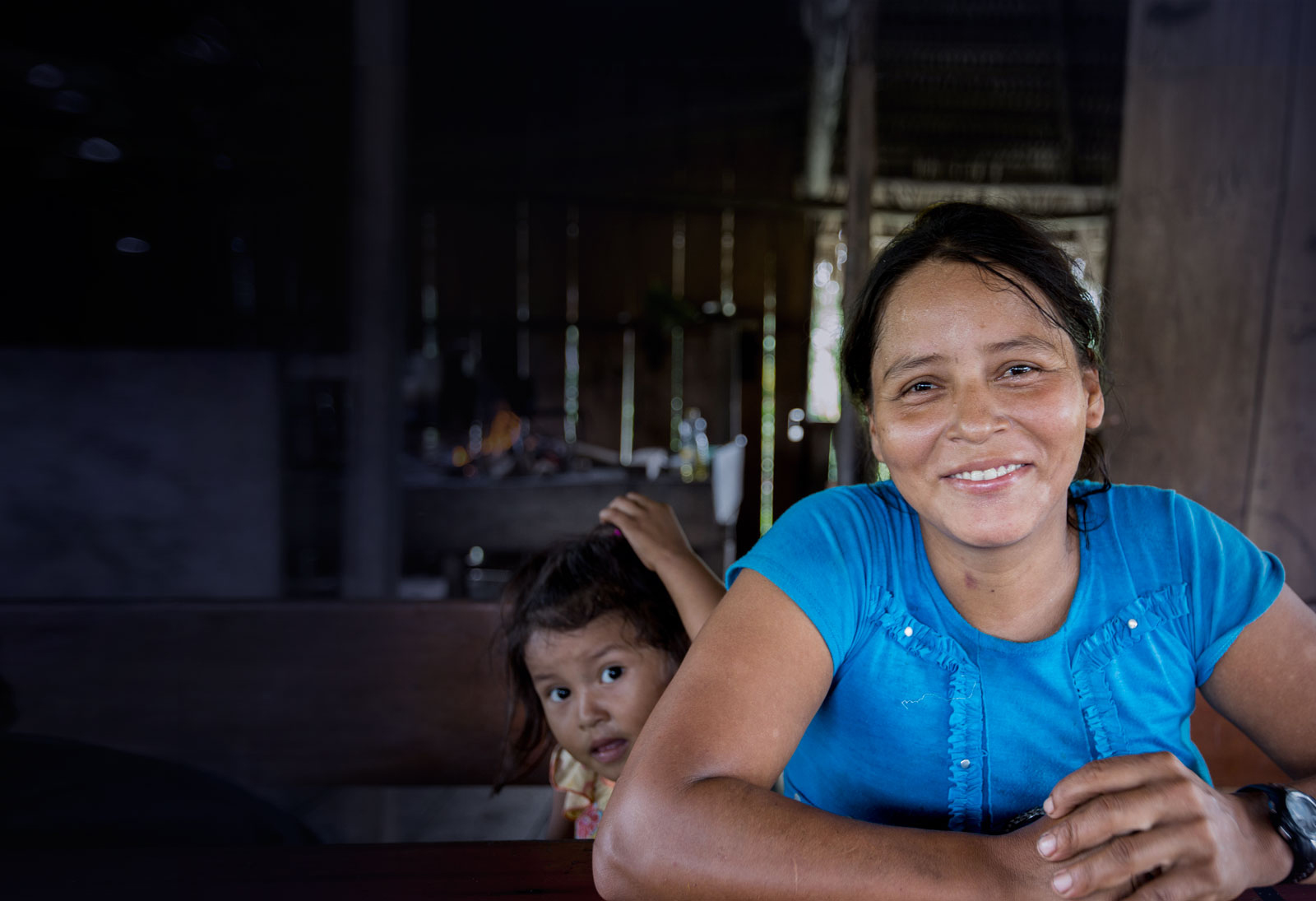


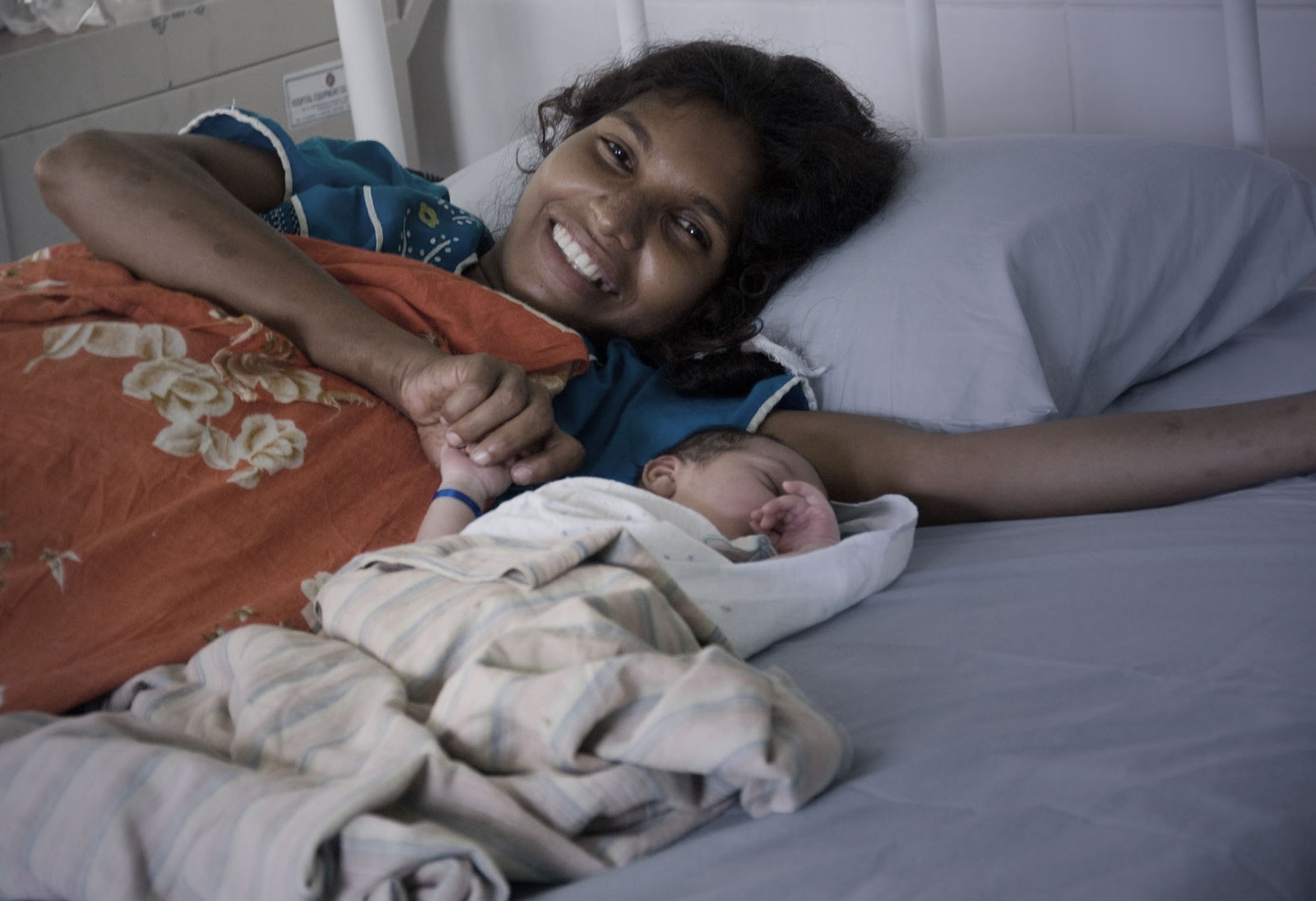
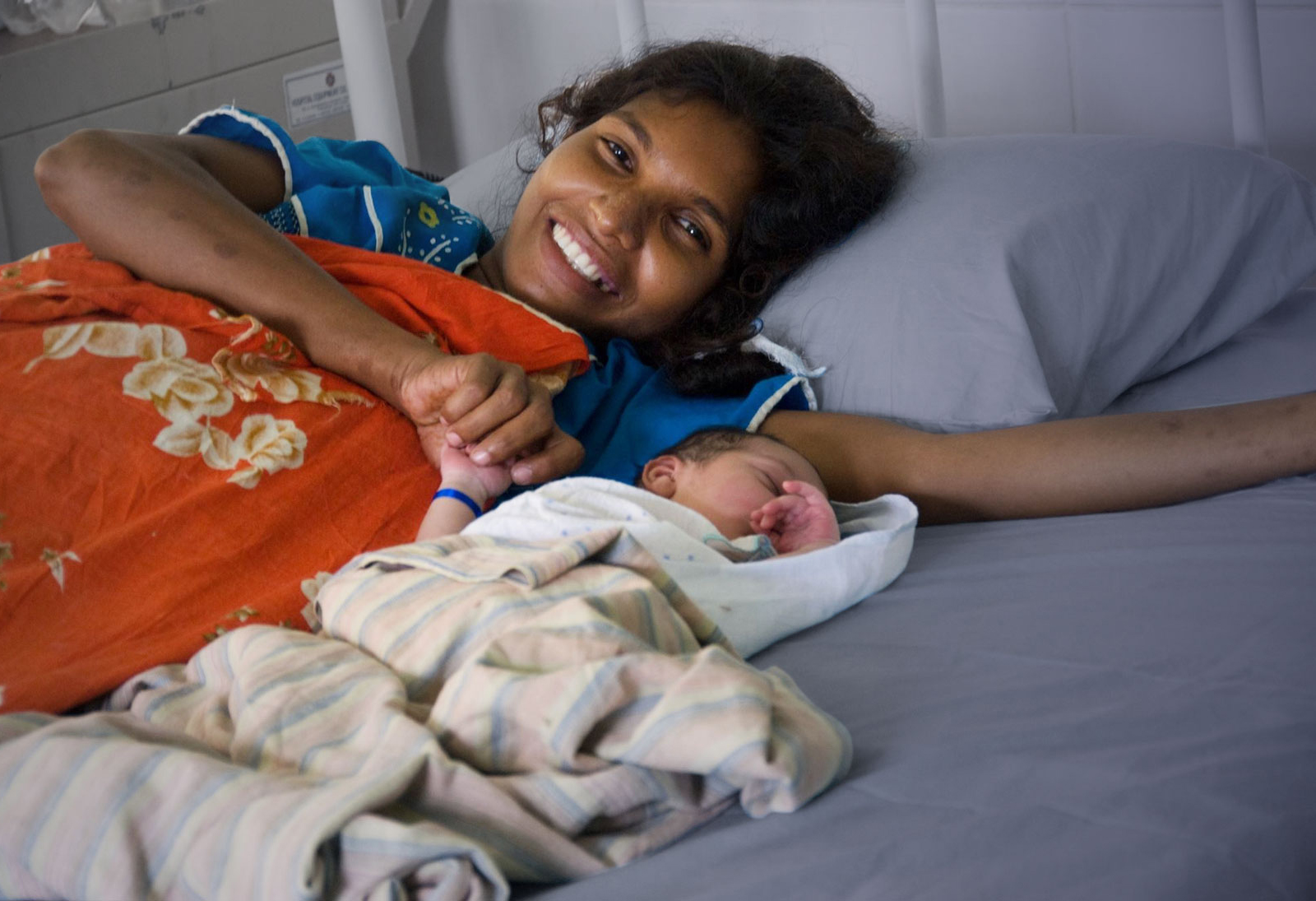
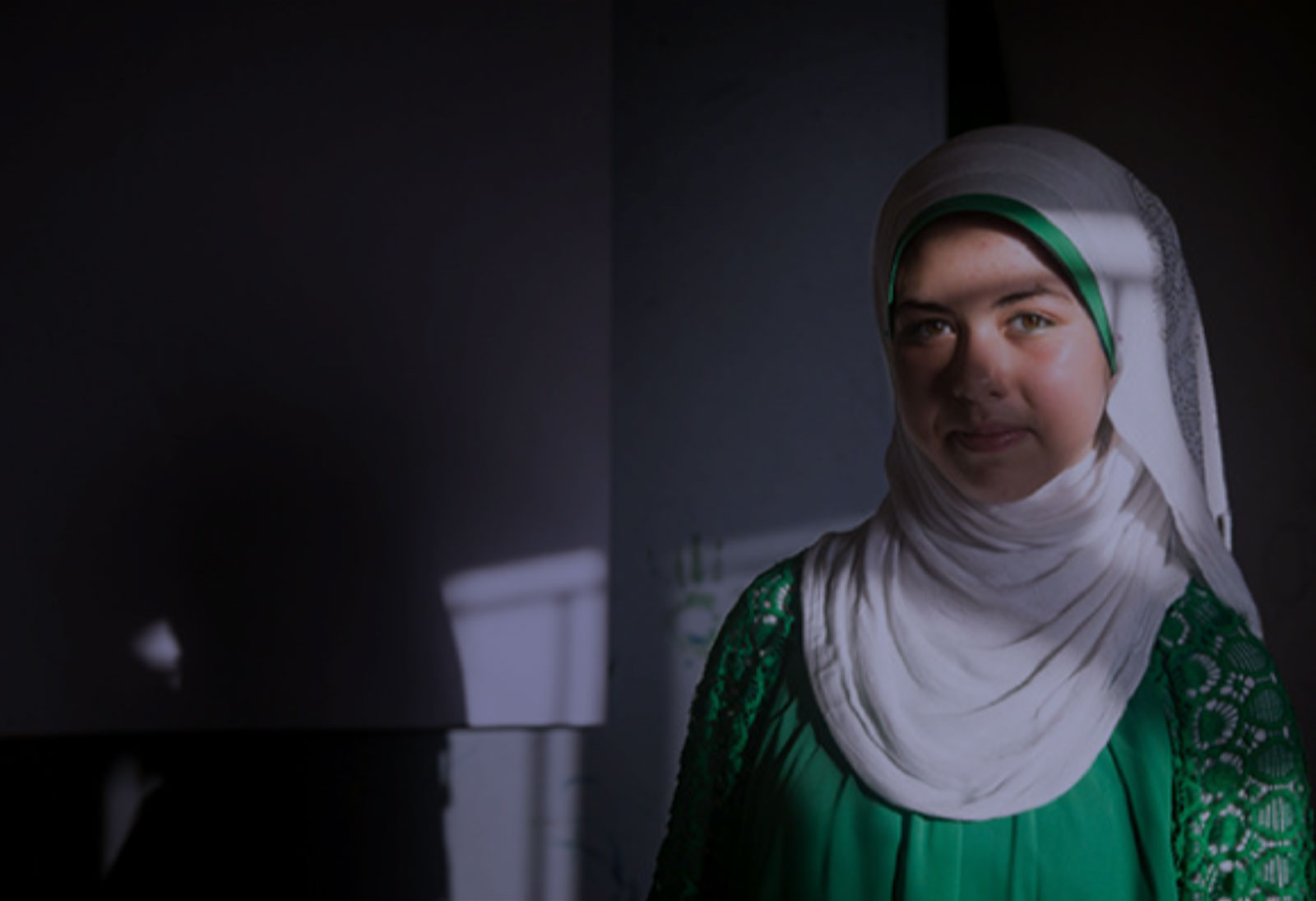
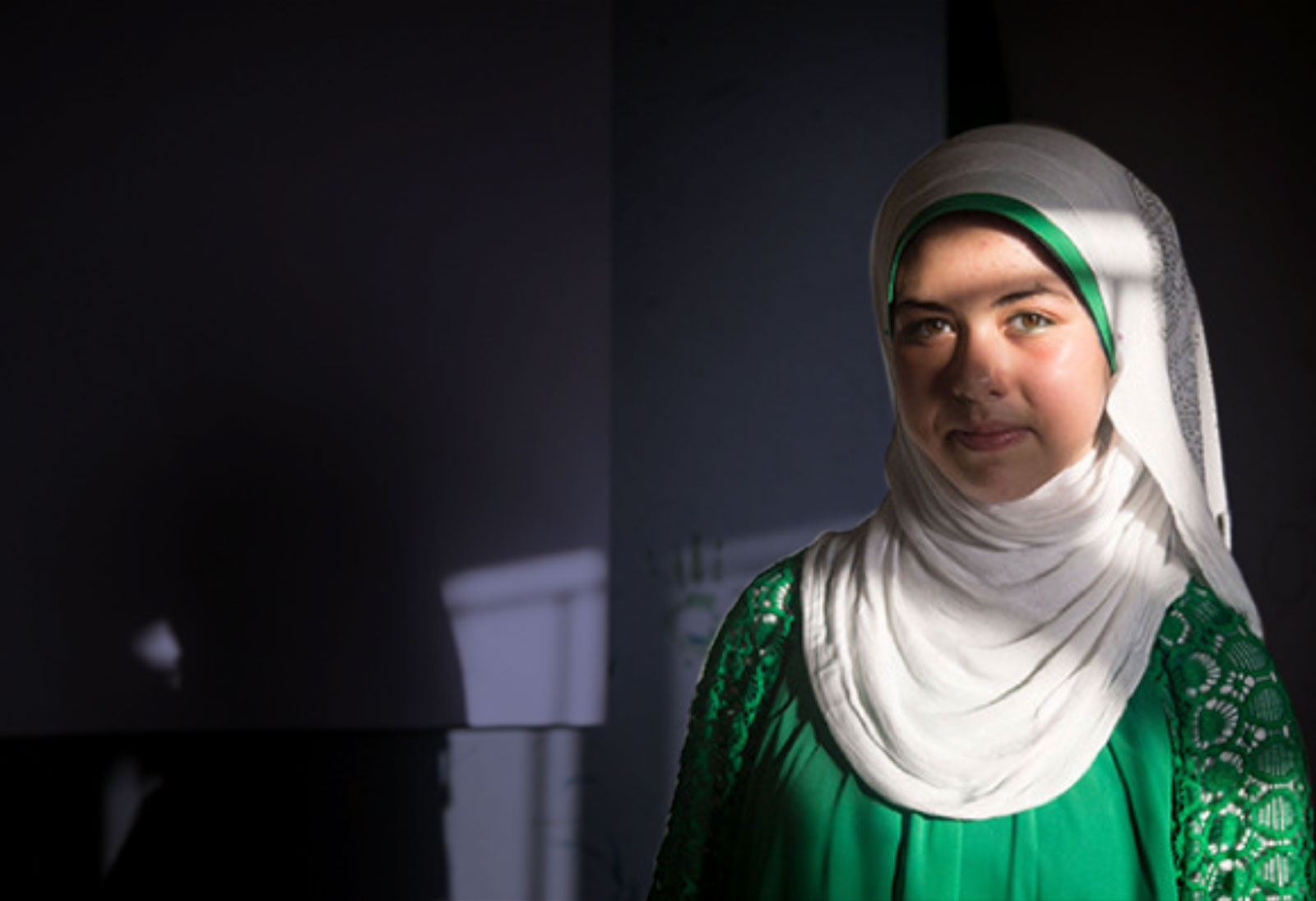




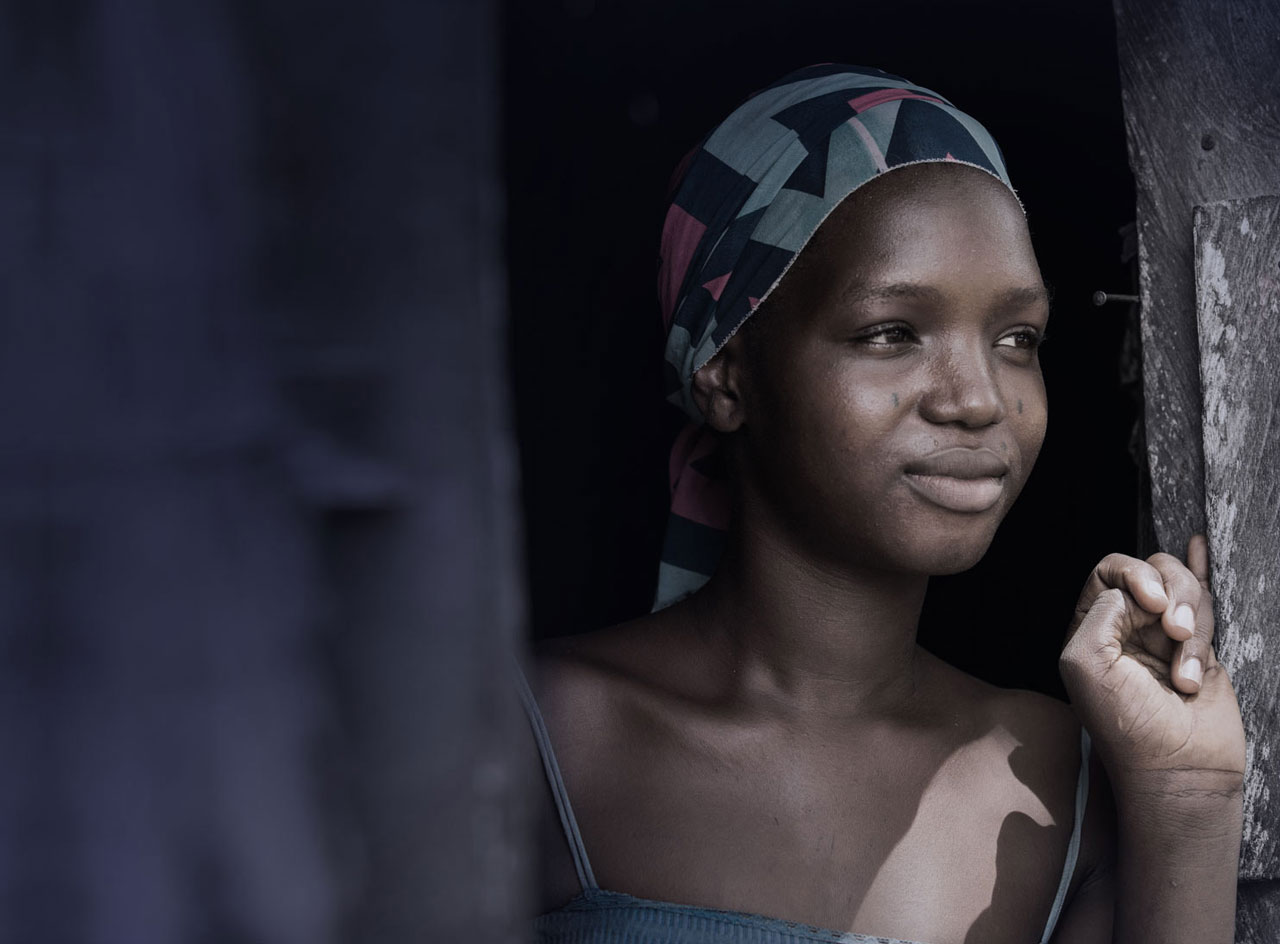
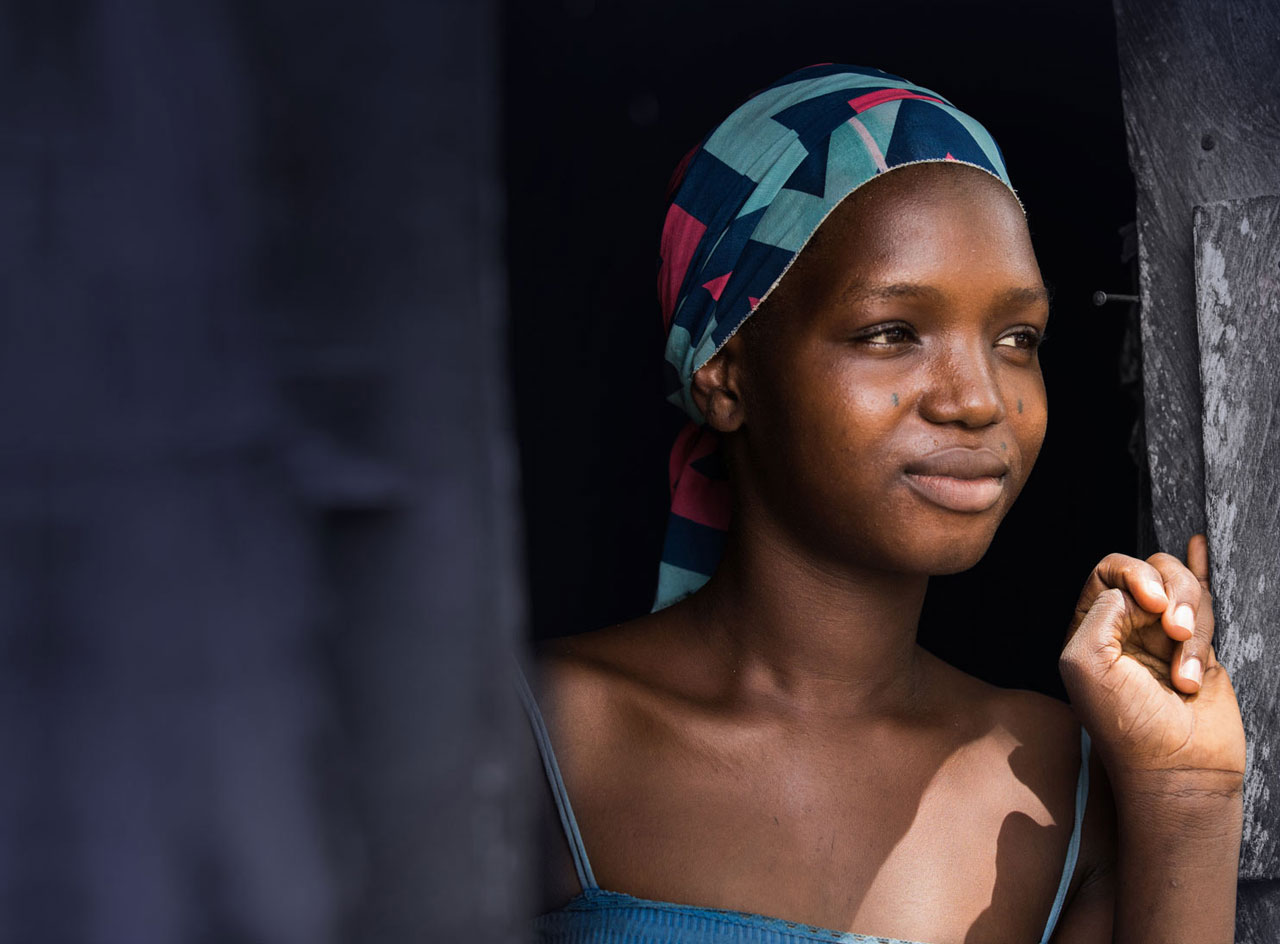
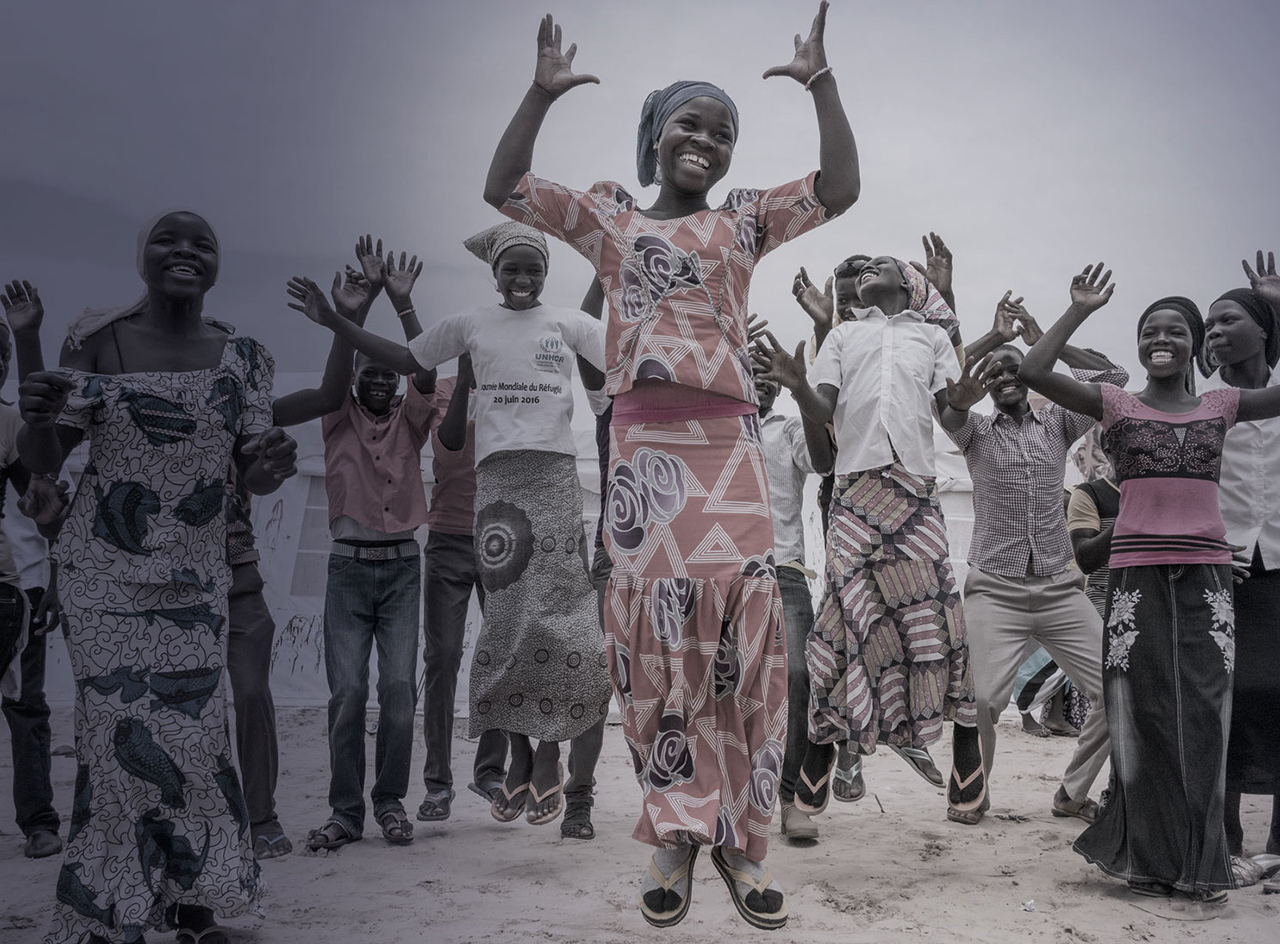
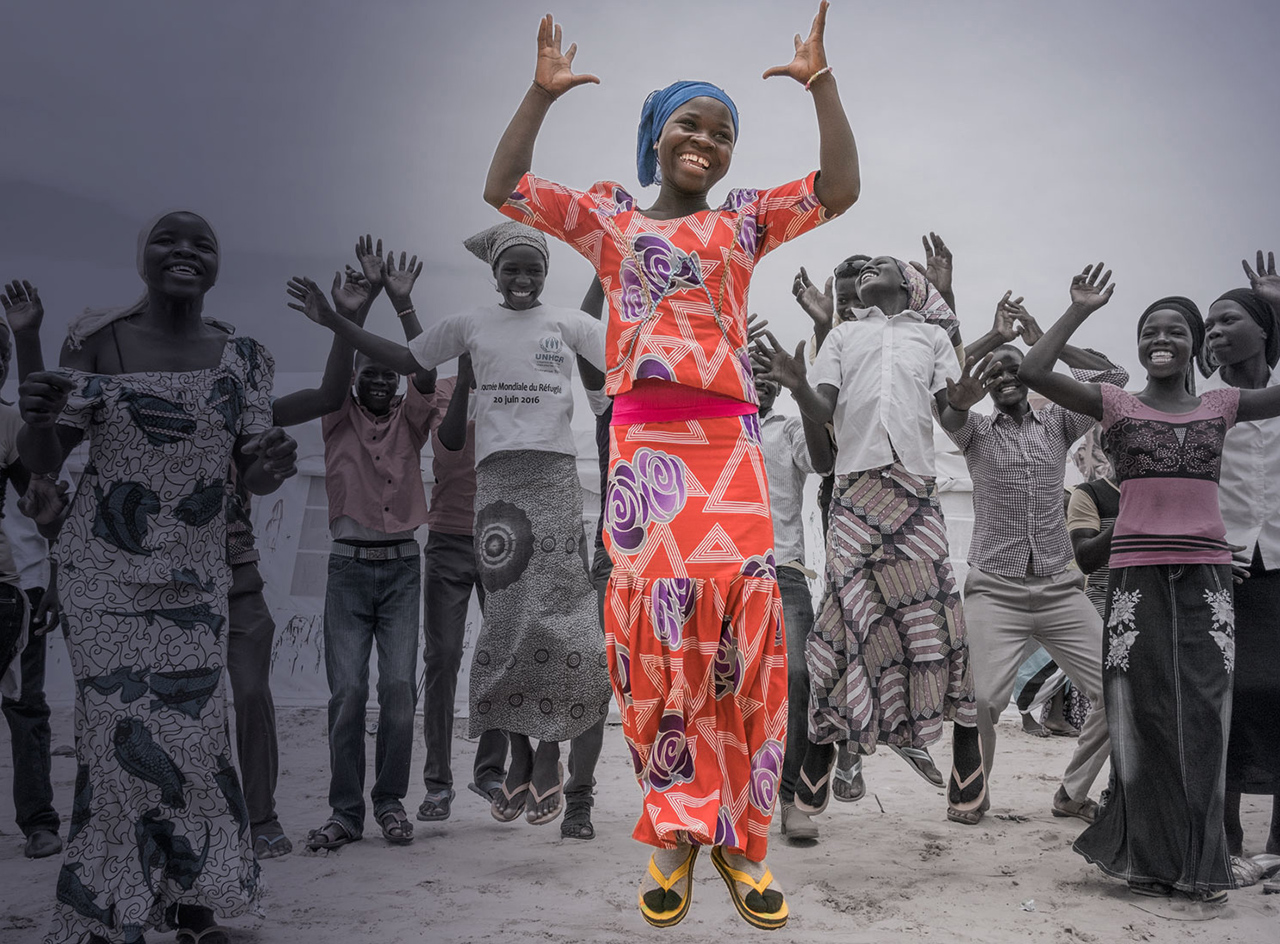
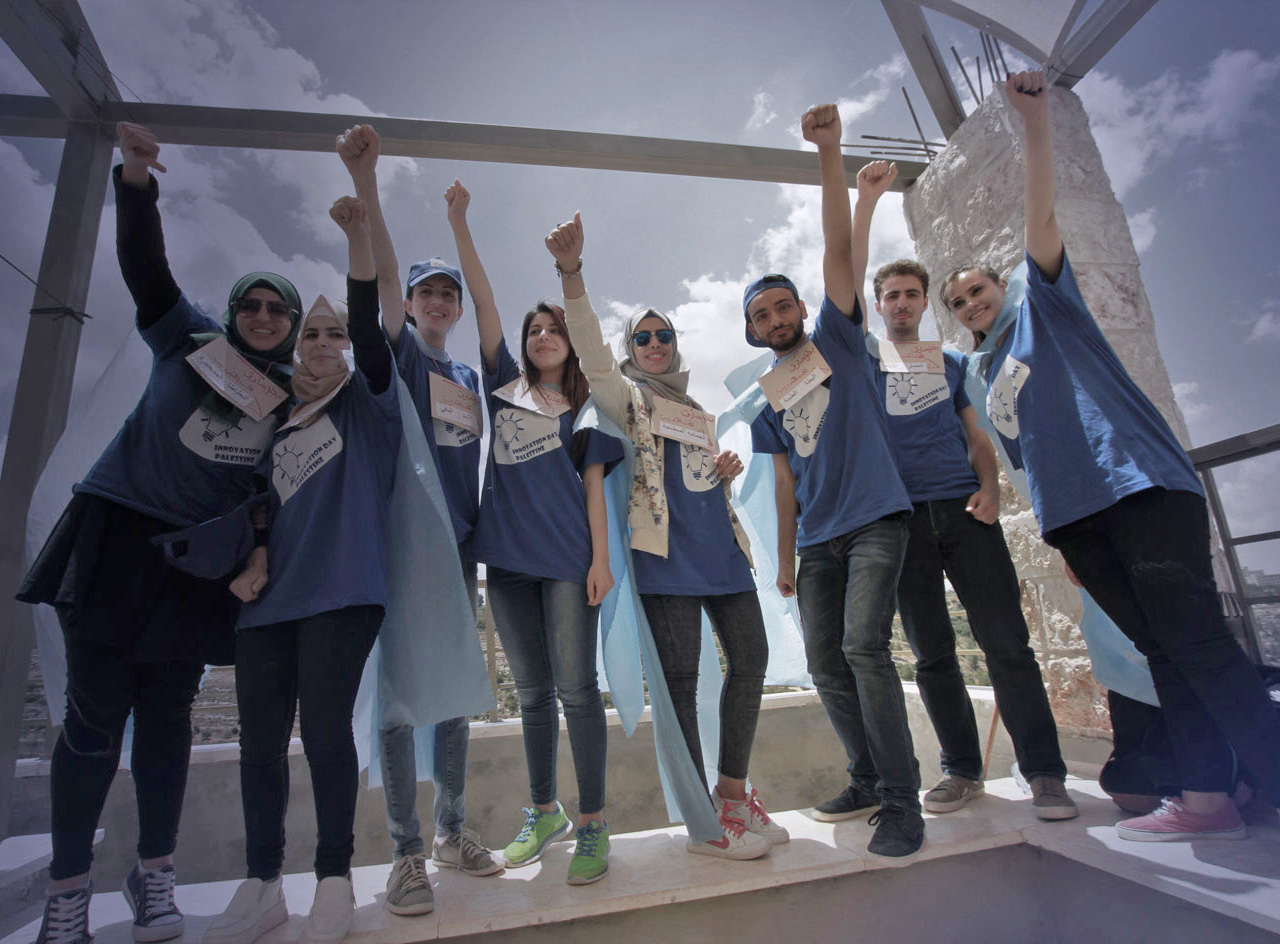
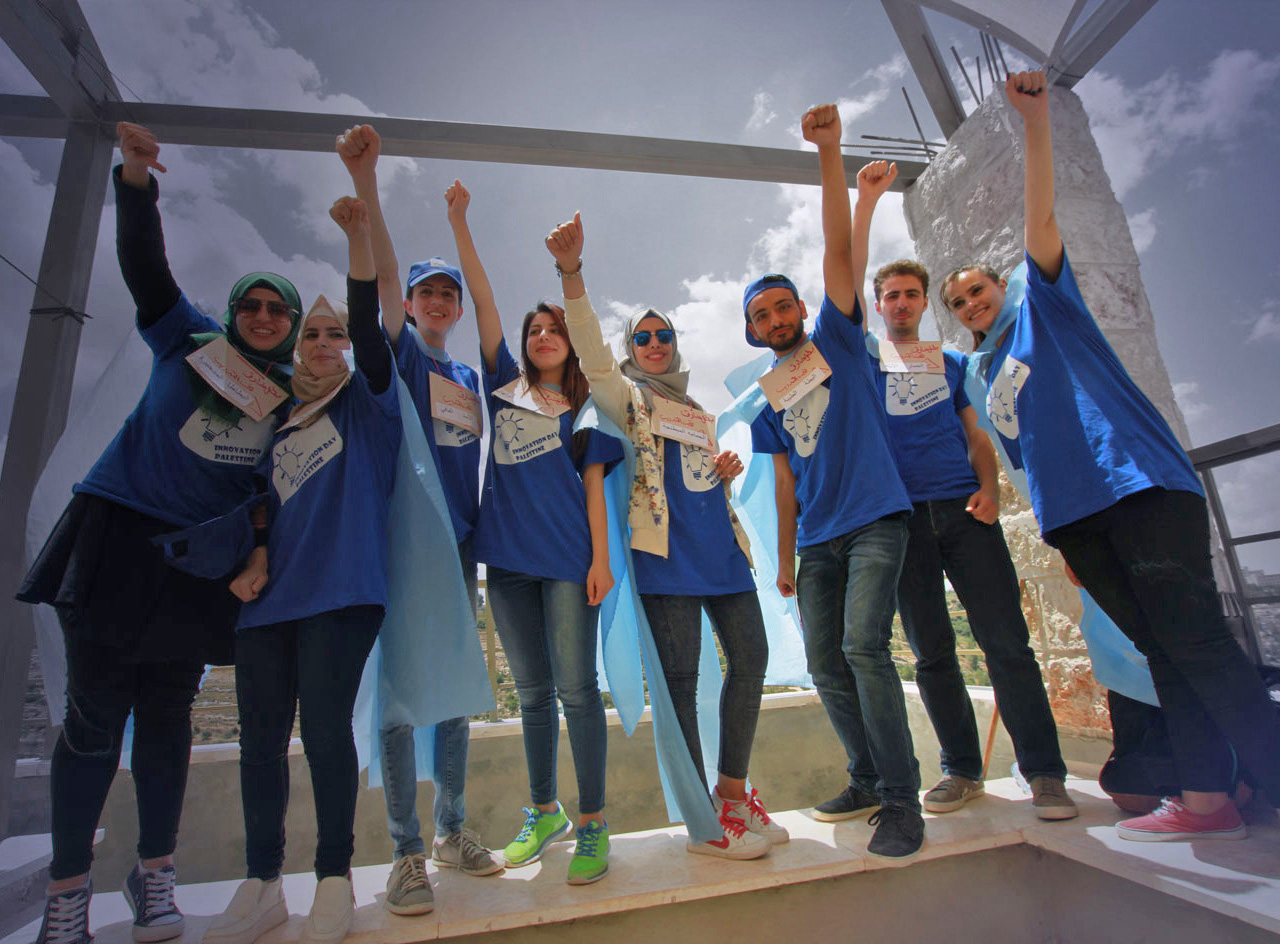




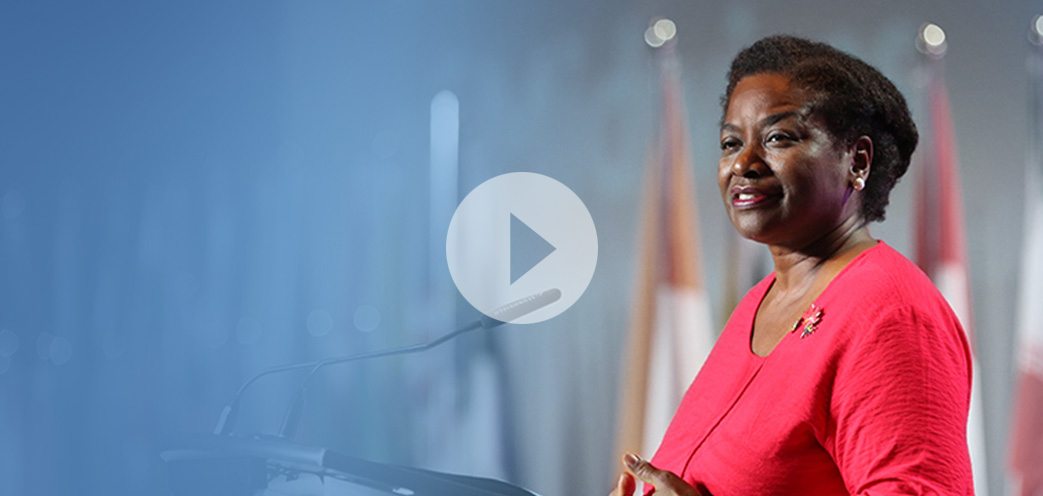

Strategic Plan
2018 – 2021
Our goal is to achieve
Universal Access to
sexual and reproductive health
and reproductive rights
with a vision to
END
Unmet need for
family planning
END
Preventable
maternal deaths
END
Gender-based violence
and harmful practices
This is the world we are striving to realize. Our goal is to achieve universal access to sexual and reproductive health, realize reproductive rights, and reduce maternal mortality to accelerate progress on the agenda of the Programme of Action of the International Conference on Population and Development (ICPD), to improve the lives of women, adolescents and youth, enabled by population dynamics, human rights and gender equality. Our new strategic plan is designed to drive the ambitions and goals of the ICPD and 2030 agendas.
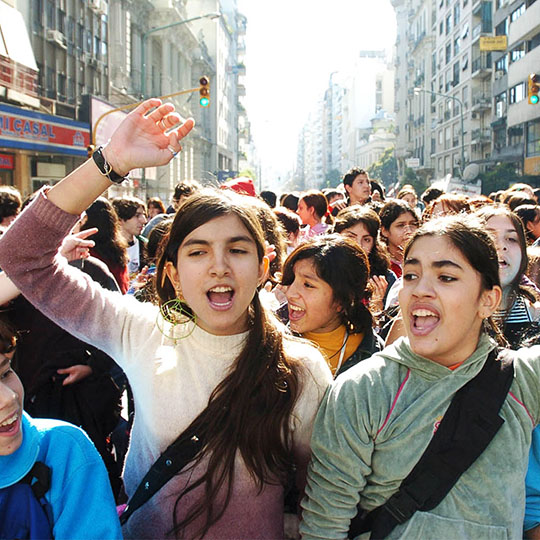
Protect and promote human rights
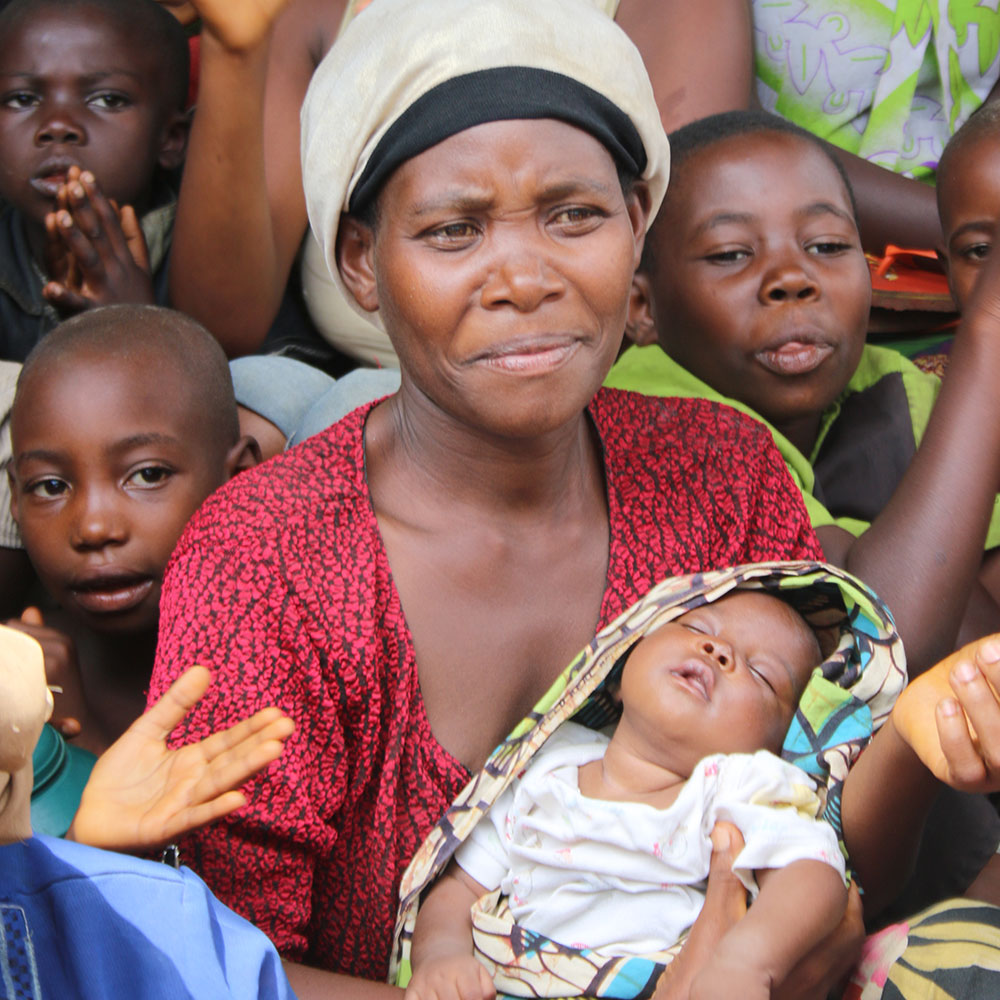
Leave no one behind and reach the furthest behind first
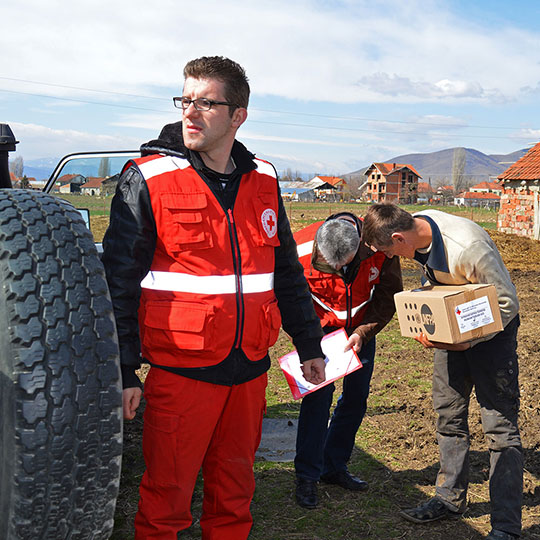
Strengthen link between development, humanitarian action & sustaining peace
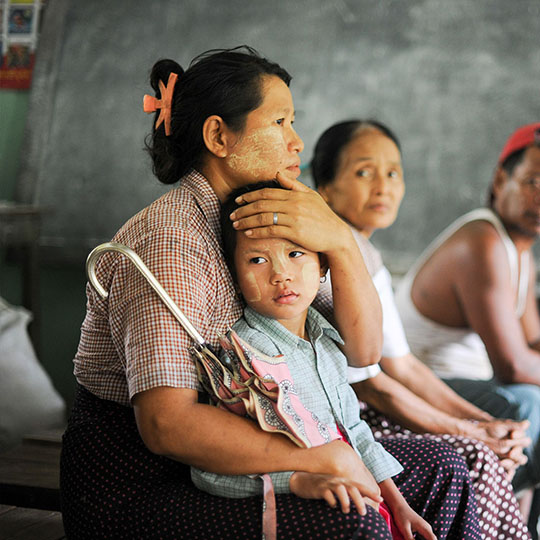
Reduce risks and vulnerabilities and build resilience
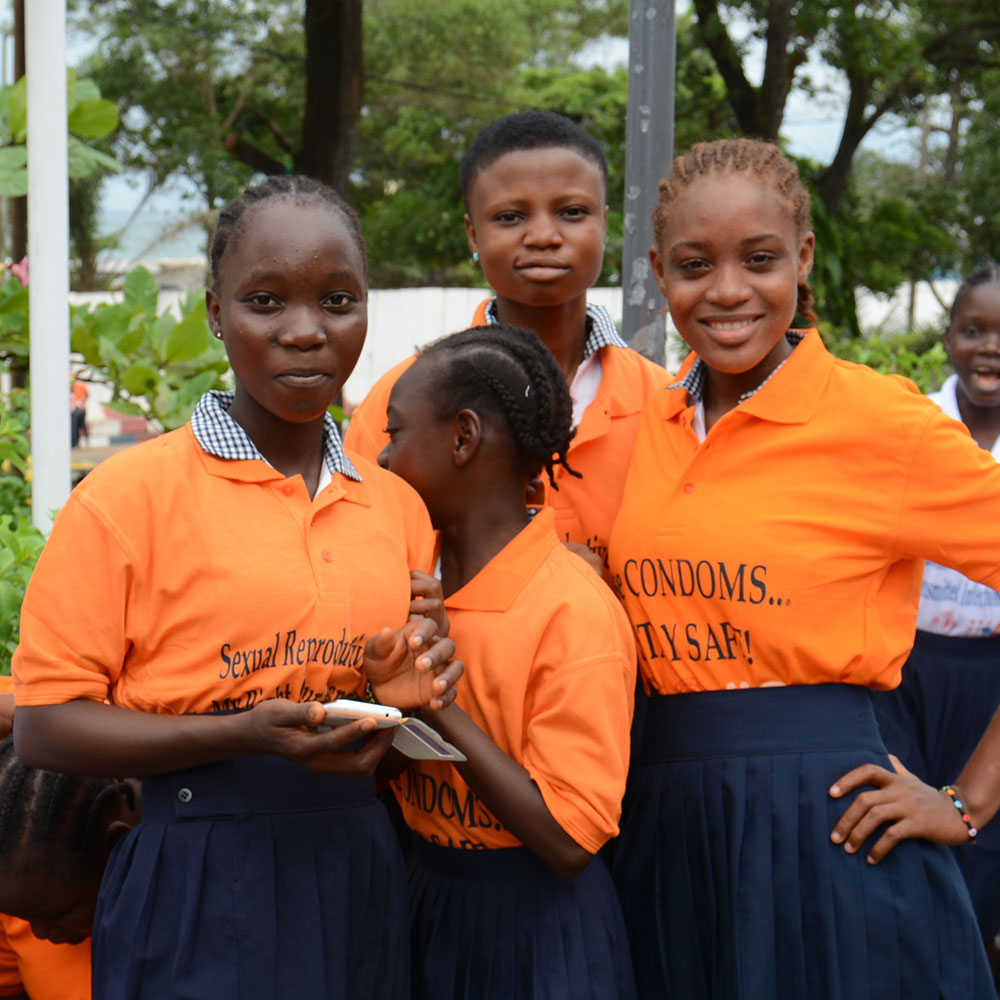
Ensure gender-responsive approaches at all levels of programming
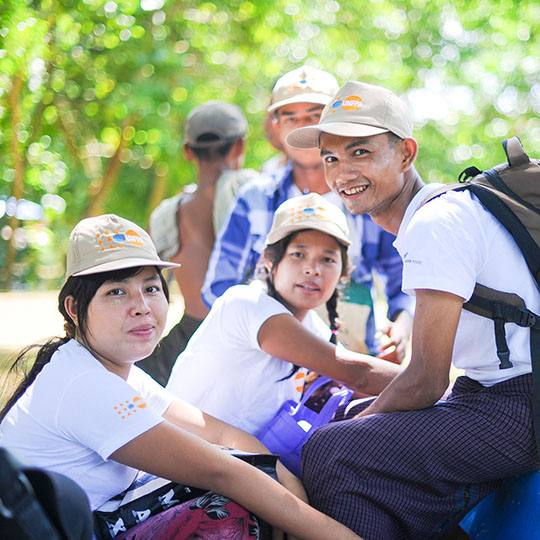
Improve accountability, transparency and efficiency
It is important that we act now. A bold agenda requires bold action. To achieve these objectives, we must work together to leave no one behind.
It is important that we act now. A bold agenda requires bold action. To achieve these objectives, we must work together to leave no one behind.
Rooted in fundamental human rights and serving as a powerful development accelerator, sexual and reproductive health and rights benefits individuals, communities, and nations. Investing in women's sexual and reproductive health and rights is one of the best investments in international development. When a woman can plan her pregnancy, she can plan her future. Her prospects increase for completing education and securing an income. Her children are more likely to be healthy and educated, and poverty is less likely to be transferred to the next generation.

Reduces
poverty

Saves
lives

Enables
gender equality

Stimulates
economic growth

Supports sustainable development
Everyone has the right to health, including women and mothers. Since 1990, maternal death has declined by 44 per cent. Still, some 830 women and adolescent girls die each day from preventable causes related to complications of pregnancy and childbirth, and 99 per cent of all maternal deaths occur in developing countries - more than half in fragile and humanitarian settings.
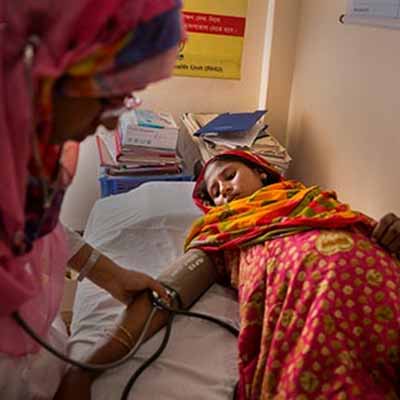
Family planning is central to women’s empowerment and sustainable development. Women, adolescent and youth have the right to make their own informed choices about contraception. Today, more than 300 million women in developing countries are using contraception, but more than 214 million women who want to plan their births don’t have access to modern family planning.
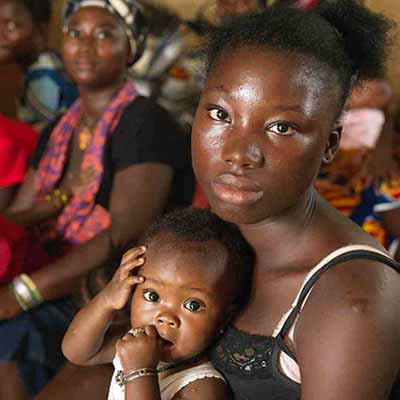
As the struggle for gender equality continues, violence against women and girls remains a global pandemic. One in three women will experience physical or sexual violence in her lifetime. Around 2000, nearly one in three women between 20 and 24 years of age reported that they were married before 18 years of age. Around 2015, the ratio was just over one in four.
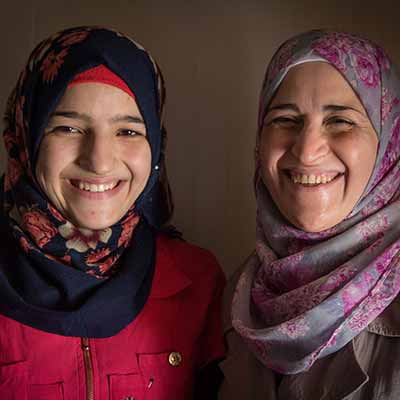
In 2015, world leaders agreed to 17 global goals to advance sustainable development. The Sustainable Development Goals (SDGs) are integrated and indivisible, and provide a global framework for partnership and action.
The work of UNFPA contributes to the achievement of the SDGs. Realizing these goals by 2030 requires a strategic shift in how we design and implement programmes, and how we measure impact.
Our strategic plan 2018-21 is closely aligned with SDG 3 for good health and well-being, and SDG 5 for gender equality and women's and girls' empowerment. It is also aligned with goals 10, 16 and 17, and, of course, all of our work ultimately makes a strong contribution to goal 1 to end poverty.

UNFPA focuses on universal access to sexual and reproductive health care services and reducing the global maternal mortality ratio. Priority is placed on strengthening capacities and health systems, and advancing policies and programmes to provide quality information and integrated services for sexual and reproductive health, including in humanitarian and fragile settings. Our efforts prioritize access for women, adolescents and youth, especially those furthest behind.

UNFPA supports women's empowerment and the full exercise of sexual and reproductive health and reproductive rights, free of coercion, discrimination and violence; addresses underlying social norms to advance women's and girl's rights; and works to end gender-based violence and harmful practices. Efforts also focus on strengthening policies, mobilizing civil society and communities, and engaging men and boys to advance gender equality and women's empowerment.

UNFPA focuses on protecting and promoting human rights, leaving no one behind and reaching the furthest behind first. By strengthening national population data systems, UNFPA maps and addresses inequalities, and supports gender equality and universal access to sexual and reproductive health and reproductive rights.

UNFPA focuses on strengthening health systems, national population data systems, capacities and multi-sectoral services for survivors of gender-based violence, and contributes to sustaining peace. UNFPA supports birth registration to provide legal identity for all. Efforts also focus on empowering young people as positive agents of change, including in humanitarian action and peacebuilding.

The ability of UNFPA to collaborate through multi-stakeholder partnerships at all levels is key to success to achieve universal access to sexual and reproductive health and reproductive rights. This includes supporting censuses, demographic and health surveys, and other large-scale data-gathering exercises to ensure that everyone is counted and accounted for in the pursuit of sustainable development.
UNFPA has identified four critical and interconnected conditions that are necessary to realize the goal of universal access to sexual and reproductive health and reproductive rights. These are the 'Core Four' priority areas of UNFPAs work, carried out along with partners at the local and global level.
“I'm lucky that my gynecologist did not try to dissuade me when I told her I was pregnant”, says Anya, from Belarus, who uses a wheelchair and has a right to sexual and reproductive health.
© Dennis Zelenko, for Imena Magazine“I want to be a doctor someday”, says Shaina, aged 16, from the Philippines, who spoke during a campaign addressing adolescent pregnancy. “It means a great deal to me and many other girls that our voices are heard and we're empowered”.
© UNFPA“My aim is to educate every boy and girl about the harmful and unnecessary effects of female genital mutilation”, said Shaimaa Ahmed Ali, of Egypt. “One day, they will become fathers and mothers, and I want them to have the information that will make them take the right decisions for their children: Girls should not be mutilated.”
© UNFPA/Sima DiabIn 2017, Pakistan begun its first census in 19 years, with the support of UNFPA and other partners. The data will uncover important demographic trends and inequalities, which will inform policy-makers and leaders, as they chart the country's future.
© UNFPAEvery woman and young person has utilised integrated sexual and reproductive health services and exercised reproductive rights, free of coercion, discrimination and violence
UNFPA will support governments to ensure that integrated sexual and reproductive health services and reproductive rights are available, accessible and utilized, with an increased focus on strengthening health systems, and making them more people-centered. Priority will be placed on quality of care, equity in access, strengthened health workforces, and social accountability for sexual and reproductive health services, including in humanitarian, fragile and public health emergency contexts. UNFPA will also advocate, in partnership, for policies that prioritize access to sexual and reproductive health and reproductive rights for the most vulnerable groups.
According to the Guttmacher Institute, if all pregnant women and newborns received full care, and if all women who want to avoid a pregnancy used modern contraceptives:
Additionally, if all unmet need for modern contraception were satisfied in developing regions, there would be approximately a three-quarters decline in unintended pregnancies.
As many as 214 million women in developing countries lack access to contraceptives, resulting in 89 million unintended pregnancies and 48 million abortions every year, according to the Guttmacher Institute.
Every adolescent and youth, in particular adolescent girls, is empowered to have access to sexual and reproductive health and reproductive rights, in all contexts
To ensure that young people are empowered to exercise choice and autonomy, UNFPA will prioritize:
UNFPA will also expand partnerships to support youth livelihoods, and highlight the critical need to invest in adolescents and youth to reap the benefits of the demographic dividend.
Investments that empower
10-year-old girls can Triple a girl’s lifetime income, increase a nation’s economic growth and lead to a cycle of healthier, better educated children.
Gender equality, the empowerment of women and girls, and reproductive rights are advanced in development and humanitarian settings
Gender inequality has a significant role in constraining the ability of women and girls to exercise their sexual and reproductive health and rights. UNFPA will promote gender equality and women’s empowerment through a focus on preventing and responding to gender-based violence, and eliminating harmful practices, including female genital mutilation and child, early and forced marriage.
UNFPA will intensify work on priority issues across development and humanitarian settings, through:
To realize these commitments, UNFPA will partner with key stakeholders, including men and boys, and local and global civil society.
Worldwide, 35 per cent
of women have experienced physical and/or sexual intimate partner violence or non-partner sexual violence.
Everyone, everywhere, is counted, and accounted for, in the pursuit of sustainable development
Universal access to sexual and reproductive health and reproductive rights cannot be achieved until everyone, everywhere, is counted, especially those furthest behind. It ensures better planning, better tracking and stronger accountability. UNFPA’s focus on generating and using population data is the foundation for all other areas of work. UNFPA supports governments and countries to generate and use data on vulnerable populations to inform plans, policies and programmes, so that targeted investments achieve sustainable development goals.
A vital part of this is taking censuses into the 21st century with geospatial mapping, handheld devices, and other innovative technologies. In times of rapid change and insecurities- this is more necessary than ever.
Of the 230 SDG indicators, 98 require population numbers and, of these, just over 40 per cent are regularly collected by most countries.
A census is among the most complex and massive peacetime exercises that a nation undertakes. During the years 2018-2021, more than 150 countries and territories are scheduled to conduct a census. UNFPA provides technical support to developing countries during all stages of a national census to ensure that everyone is counted and accounted for in the pursuit of sustainable development.
With more and more people needing humanitarian assistance and protection, including women and young people, UNFPA is placing an increased emphasis on ensuring the core four priority areas are strengthened across humanitarian and development contexts, to reach the furthest left behind. Humanitarian intervention strategies will shift from reacting to disasters and conflicts to applying a resilience approach by linking prevention, preparedness and response with national capacity-building. This will ensure that systems, communities and societies are better equipped to respond to and recover from emergencies.
By joining forces to advance the health and rights of women and young people, we can fulfill our collective promise to leave no one behind. UNFPA works in 155 countries, territories and other areas. Our presence and strategy in each country is responsive to national needs around our core mandate issues, as well as their ability to finance development. Our approach has evolved to better capture inequalities within and between countries - critical to ensuring that we leave no one behind, and reach the furthest behind first, in our journey to a more equitable and secure future.
Country classification is based on country's relevant development indicators (the need) and ability to finance their own development. In general, red countries have the high(est) need and the lowest ability to finance. Pink countries on the other hand have the lowest needs and some ability to finance.

A dispute exists between the Governments of Argentina and the United Kingdom of Great Britain and Northern Ireland concerning sovereignty over the Falkland Islands (Malvinas).
The boundaries and names shown and the designations used on this map do not imply official endorsement or acceptance by the United Nations.
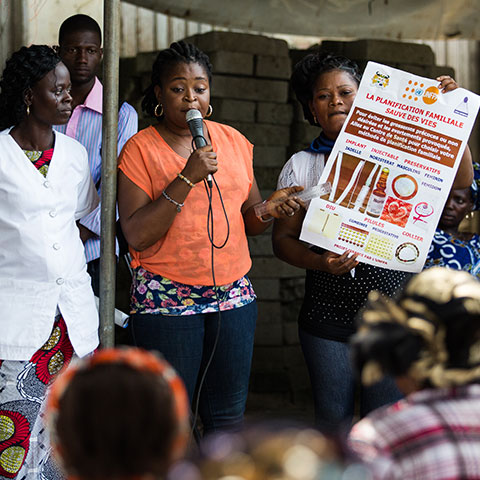
Our strategies are evidence-based and take into account the lessons learned from previous plans. With a strong focus on performance, transparency, and accountability, our strategies are designed to further enhance effectiveness and efficiency of UNFPA by:

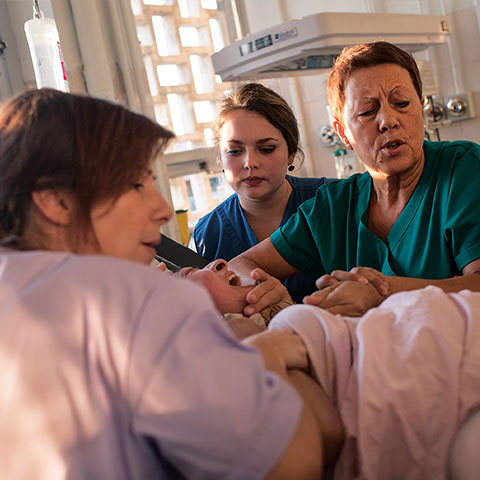

By partnering with national governments, the private sector, civil society (including faith-based organizations), and academia, cutting-edge solutions can be found to overcome development and humanitarian challenges. When we co-create a solution, we can accelerate progress. Most important is working side-by-side with women and young people.
UNFPA works with many UN partners and our new strategic direction strengthens how we work together with UNDP, UNICEF and UN-Women, to better support countries to achieve sustainable development.
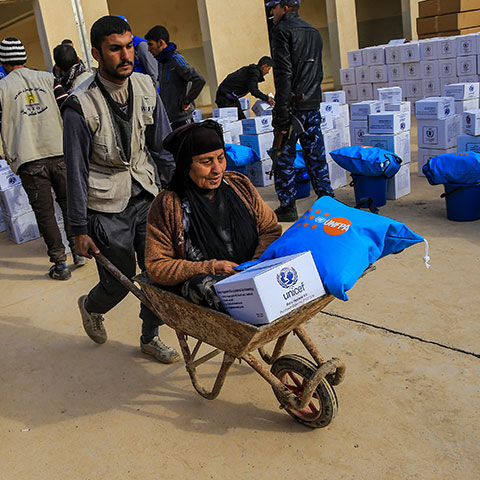
In today's complex and interconnected world, an intervention in one area can have an impact in another. Humanitarian action can be undertaken in a way that contributes to achieving longer-term development. This new way of working acknowledges that whether you are an aid worker or humanitarian responder, we all need to analyse, plan and work together to achieve sustainable results.



UNFPA is committed to:
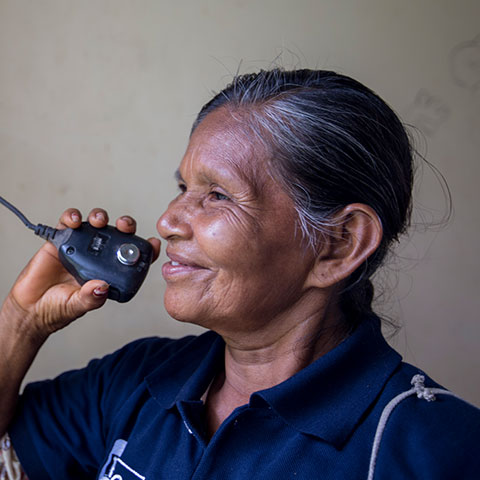
We stand up for human rights, deliver to the people we serve, and communicate our results and impact.

 © UNFPA
© UNFPA
 © UNFPA/Arvind Jodna
© UNFPA/Arvind Jodna
 © Reach a Hand Uganda
© Reach a Hand Uganda